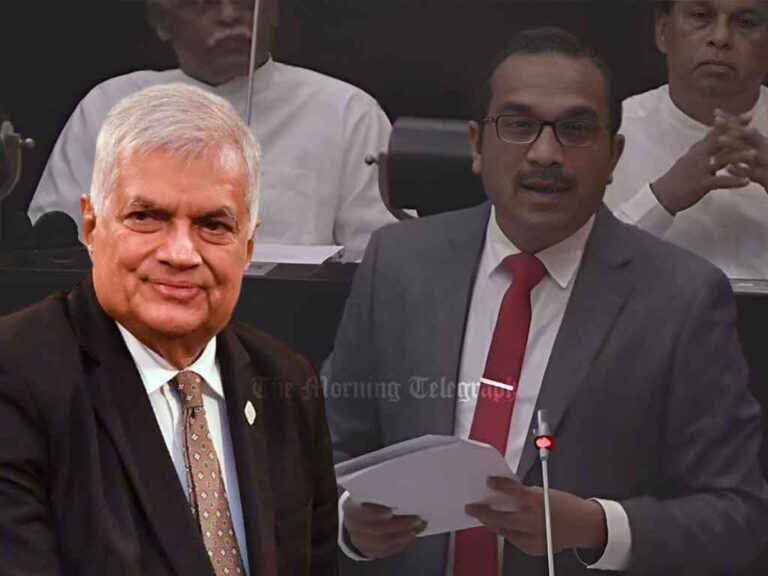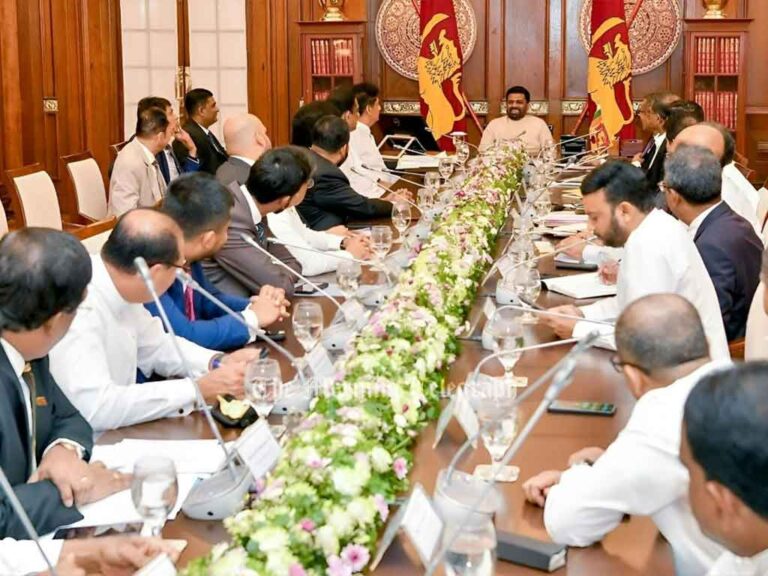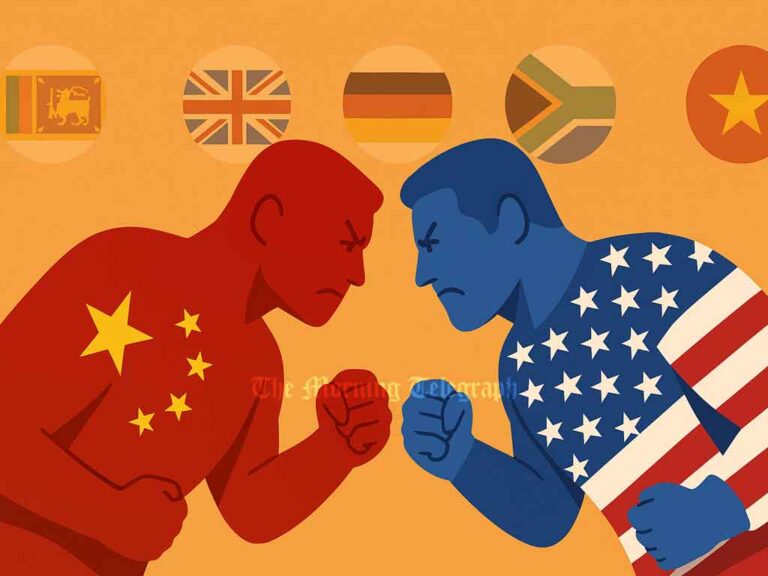
The Telecommunications Regulatory Commission of Sri Lanka (TRCSL) has launched an inquiry into the widespread promotional text messages sent by candidates contesting the upcoming parliamentary general elections, which are scheduled for tomorrow (14). These unsolicited campaign messages have caused frustration among mobile phone users, many of whom have criticized the practice as an intrusion into their personal space.
The Election Commission (EC), in collaboration with the TRCSL, has requested explanations from telecommunication service providers regarding how these candidates obtained mobile numbers for their messages. The EC Chairman, R. M. A. L. Rathnayake, condemned the practice, stating that sending such promotional SMS during election periods is “completely wrong.” He also mentioned that even he had received such messages, prompting the commission to take action.
The TRCSL confirmed that they are investigating the matter and are seeking clarification from service providers on how the campaign messages were disseminated. A senior official from the commission pointed out that service providers typically do not engage in sending promotional messages without proper authorization. However, there are many other avenues through which mobile numbers can be obtained, such as data sharing, which is a concern in this case.
The TRCSL also noted that regulations governing promotional SMS were introduced in 2018 but are now considered insufficient to address the growing issue. As a result, the TRCSL is in the process of revising these regulations to impose stricter rules on the sending of such messages. These updated regulations are expected to be gazetted soon, aimed at preventing similar disruptions in the future and safeguarding the privacy of mobile phone users.
Election-related promotional SMS messages are often used by candidates to remind voters of their policies, encourage them to vote, or highlight their campaign promises. While such messages are common during election season, they have raised concerns about privacy, consent, and the potential for manipulation in the lead-up to elections. The ongoing investigation reflects efforts to ensure that these communications comply with electoral laws and do not undermine the integrity of the electoral process.




